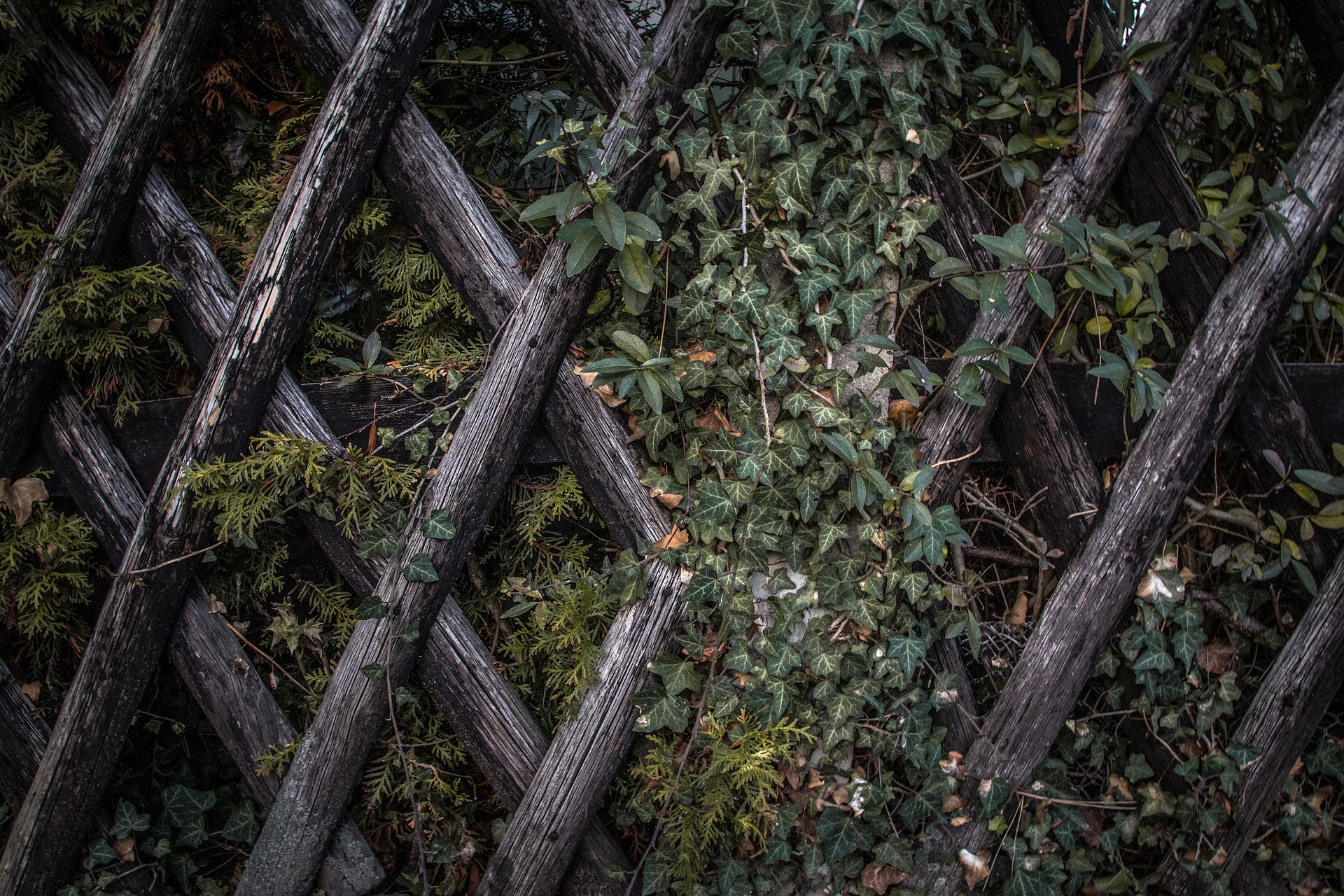On Mother’s Day this year, my wife remarked to me how many people in our contemporary society need a mother figure in their lives. Ours is an extraordinarily alienated, lonely, and indeed, orphaned society. Rates of depression, suicide, and drug abuse are higher than they have ever been. And it only seems to be getting worse with each generation: the young today are far more depressed than their elders were. Young people increasingly report that they have no friends, that they do not get married, that they do not enter into permanent relationships of any kind. In such a world, mothers stand for precisely the type of nurturing care that people desperately need now more than ever, in a society that seems uninterested in caring for its weakest members.
It can hardly be a coincidence that fertility rates have also been in long decline. Parenthood, and motherhood in particular, is losing the privilege it once enjoyed in respectable society. As hyper-capitalism trends further toward radical individualism, the natural ties of affection and care that characterize the bond of mother and child are being sundered.
Socialists don’t generally have much of a better track record when it comes to the defense of families. But in his book Capitalist Realism, the socialist theorist Mark Fisher notes that the family is the last remaining refuge of human solidarity in an uncaring and alienated world, a haven away from the cash nexus, where people can still feel cared for by someone. But that refuge, precisely because it is a space away from the market, where men and women labor for each other and their children out of love, and not for someone else’s financial gain, has long been under attack.
Parenthood today, Fisher notes, is often outsourced to a system, composed of school teachers and other daycare providers, who are really not suited to the parental role:
With families buckling under the pressure of a capitalism which requires both parents to work, teachers are now increasingly required to act as surrogate parents, instilling the most basic behavioral protocols in students and providing pastoral and emotional support for teenagers who are in some cases only minimally socialized.
One might observe in particular that the nurturing care of the mother is really nowhere to be found in the school system. Indeed, this is by design. This system has no other purpose than to prepare children for the “real world,” a world of intense meritocratic competition, in which one only survives by pulling oneself up by the bootstraps and asserting one’s bare, independent individuality. To prepare for such a world, children are torn from the last remnant of a social solidarity and cooperative life that still exists, the family, and inserted into the hypercompetitive and alienated world of the school system, where they are conditioned for the permanent sense of alienation that will follow them throughout their adult careers.
Mental illness and depression, Fisher observes, are often rooted in social causes. Individualism names not only an ideology but also a particular social structure in which individuals are removed from their natural support networks and forced to travel through life on their own. Children in particular are immeasurably damaged by such a structure. The ideologies of individualism and meritocracy, moreover, are crafted to convince such individuals that being lone travelers, doomed to make their own way in the world, is the root of all virtue, and that individual success is the only source of their personal self-worth. The world, likewise, will rate them only according to their achievements. It will not deign to care for them unconditionally—as a mother might.
Of course, it’s important for young people to be able to test themselves against the bracing demands of the public world. But not if that is the only experience they have. That’s why it’s especially insidious when this ideology governs parenthood itself: not only is the hardworking young adult told by the world to pull himself up by his own bootstraps, but children too are told, at least implicitly, when they are sent away from home so that their mothers may be free to sell their labor, that they should get used to not being cared for: that individual success in the context of highly competitive institutions is all they can hope for. For the fortunate, this rugged individualism might well appear to bear fruit in ambition, success, and pride; but for others, and for an increasing majority, these structures and ideologies produce only a crippling sense of alienation and failure, spiraling into depression and a host of other disorders.
At a certain point, people of goodwill must raise their voices to proclaim that enough is enough: no longer can we continue to assume that the default position of a civilized society is to let its members care solely for themselves, as if the individualism by which each person may—or must—prioritize his own good above that of his fellows were actually some noble virtue. No: the default should be to care for each other. It’s simple, really. No matter how much you preach the virtues of American individualism, a society that does not by default seek to nurture its weakest members will result in unmanageable levels of depression. This should be a deeply intuitive truth. Neither coddling nor neglect can make a strong and virtuous young person.
For the survival of our civilization, it is paramount that we commit to building a society of care. And we can make a start by better caring for our children. This also means caring for their mothers. When it comes to building a new society, where mutual care rather than individualistic self-care is the norm, mothers play a crucial role. The care they provide to their children, far from “spoiling” them or depriving them of the virtues of rugged individualism, will teach them to become caring persons themselves. It will instill in them a sense of the normalcy of caring for others. It may inspire them to bring this normalcy into the public space, once they exit the comfort of the home to make a life for themselves. As they become adults, coming into their own in the public space, perhaps that space itself will become a place where caring for each other is normal, where the nurturing instinct of motherhood will be exercised on a larger, social plane, toward the poor and marginalized who are most in need.
Mothers will thus be essential to the transformation of society away from hyper-individualism and the war of all against all, and toward the common good. In the words of Pope Francis, “To be a mother is a great treasure. Mothers, in their unconditional and sacrificial love for their children, are the antidote to individualism. . . . In this sense, motherhood is more than childbearing; it is a life choice entailing sacrifice, respect for life and commitment to passing on those human and religious values that are essential for a healthy society.”





